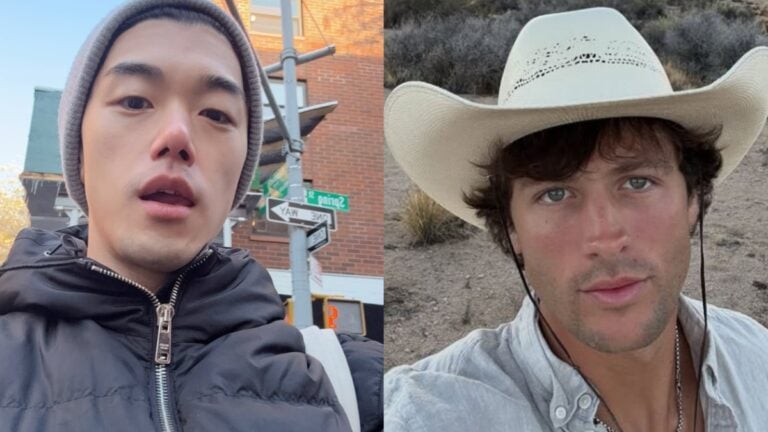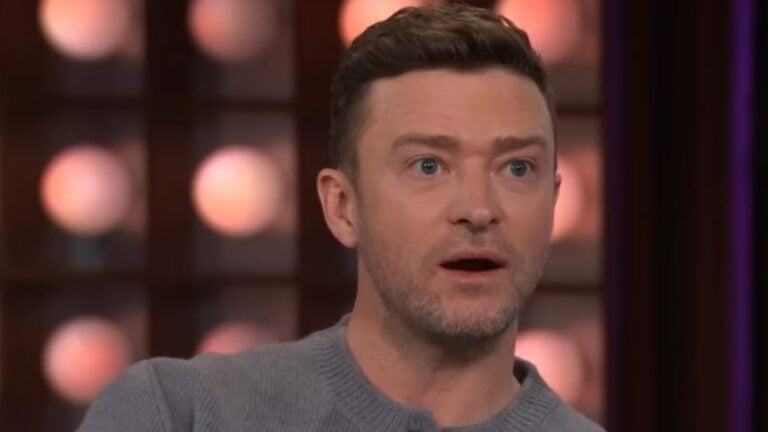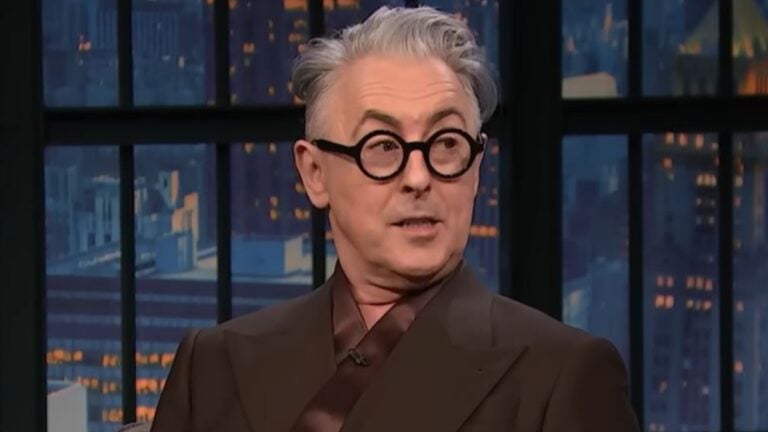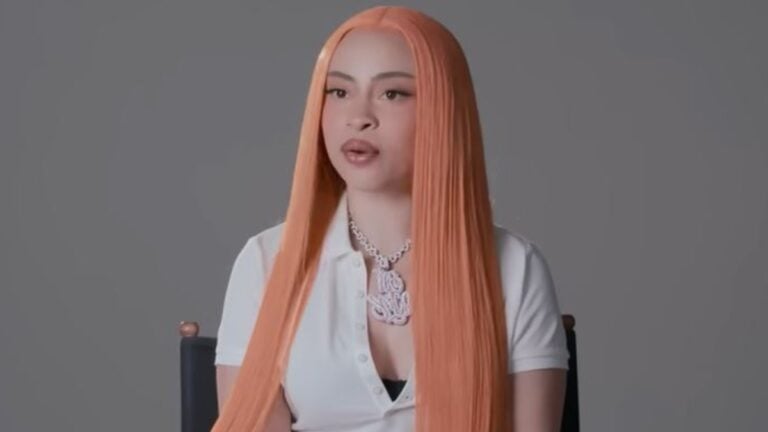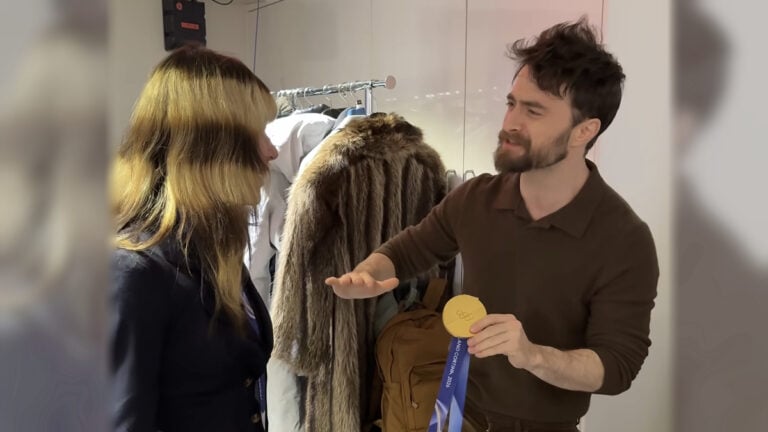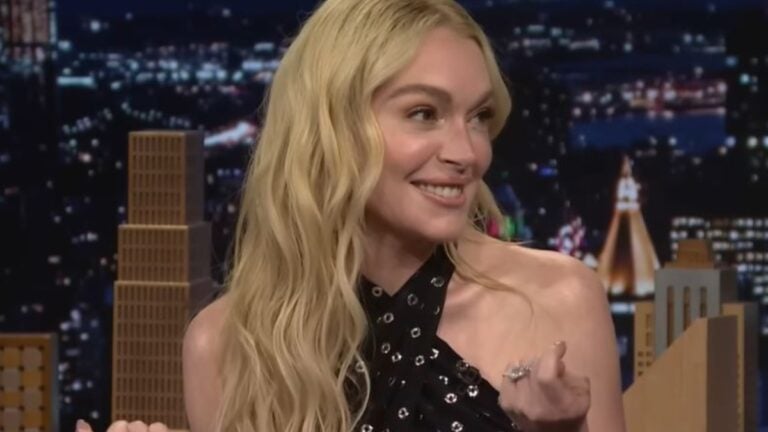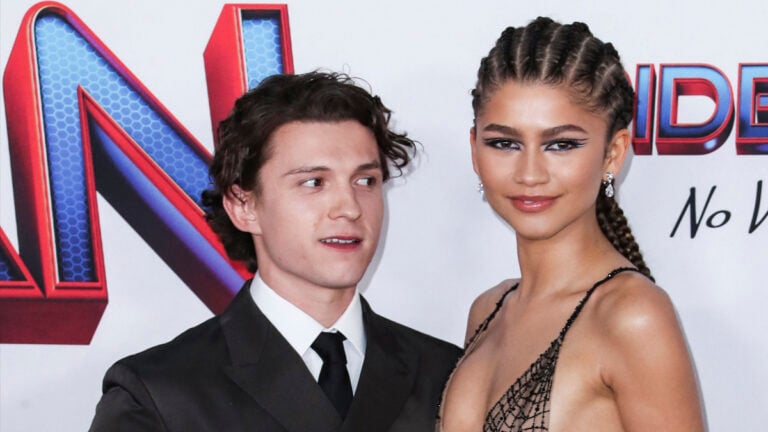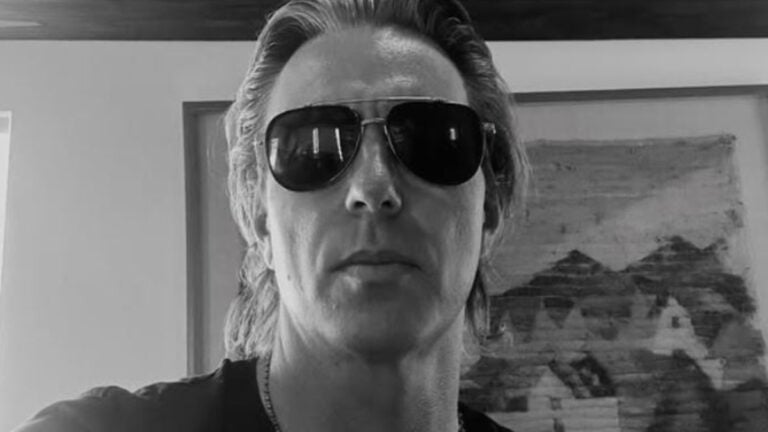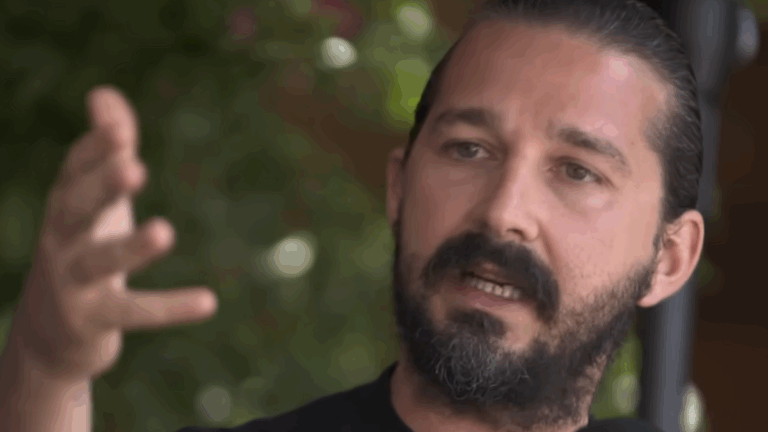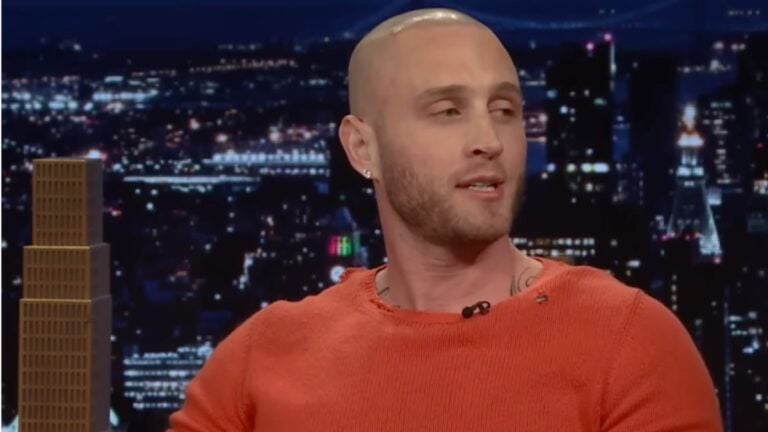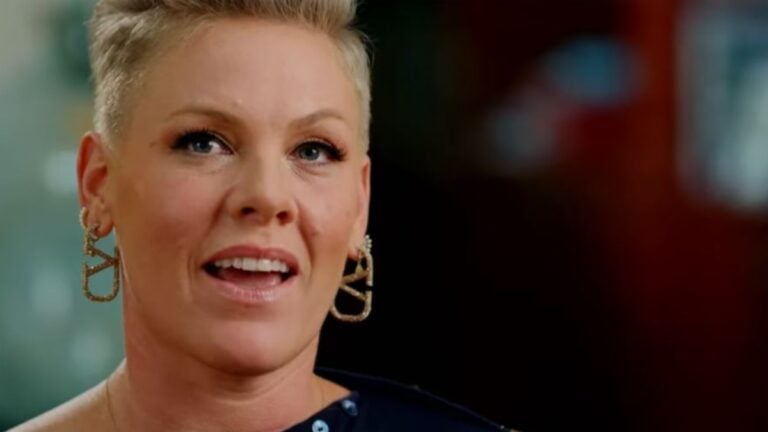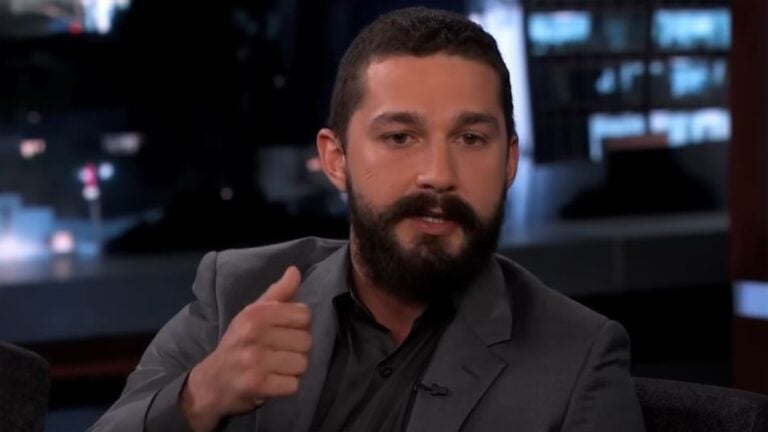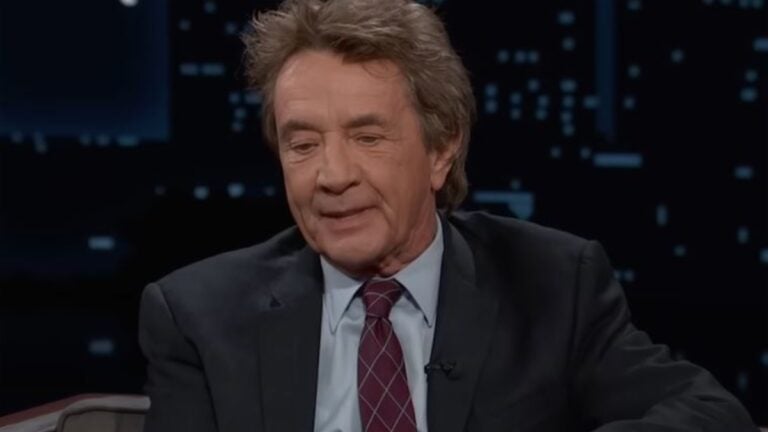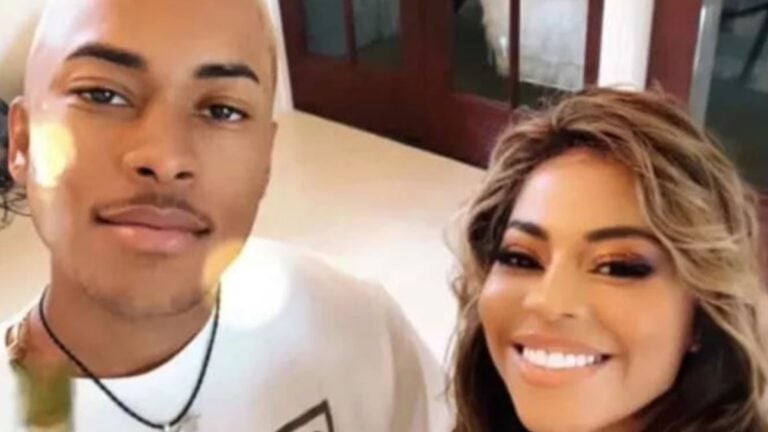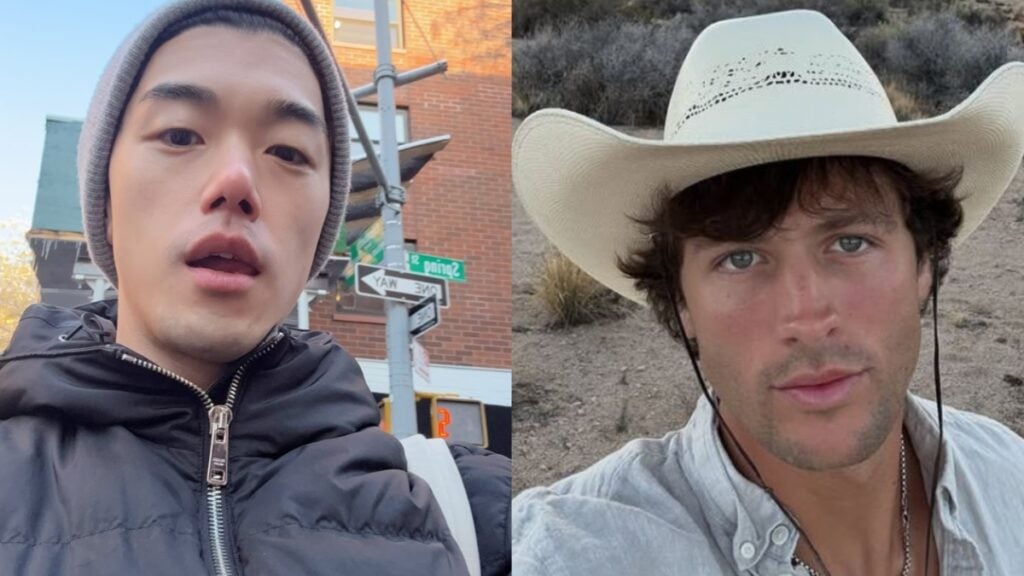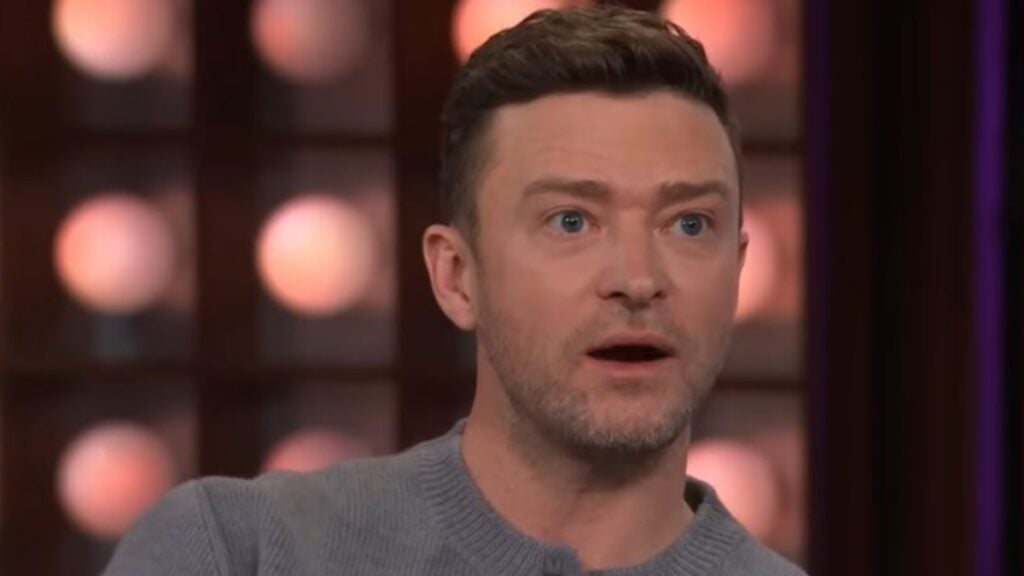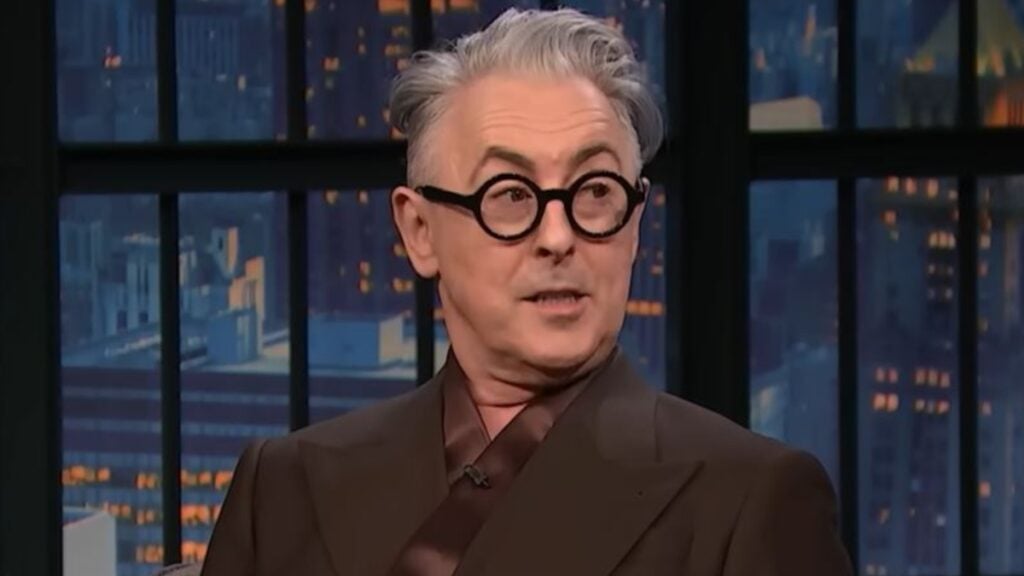The Traitors Betrayal
Celebrity
All the latest and breaking celebrity entertainment news you enjoy!
Arrest Footage Frenzy
Outrage Meets Compassion
Truth Behind Weight
A wholesome moment between two superstars
Fans were left stunned after a red carpet comment reignited speculation about Zendaya and Tom…
Heartbreaking Fan Reactions
Trending
Latest stories
More +Truth Behind Weight
Harry Potter Star Daniel Radcliffe Refuses ‘Stolen Valor’ from Olympic Gold Medalist Alysa Liu: ‘100 Points Awarded to Gryffindor!’
By August
A wholesome moment between two superstars
Fans were left stunned after a red carpet comment reignited speculation about Zendaya and Tom…

